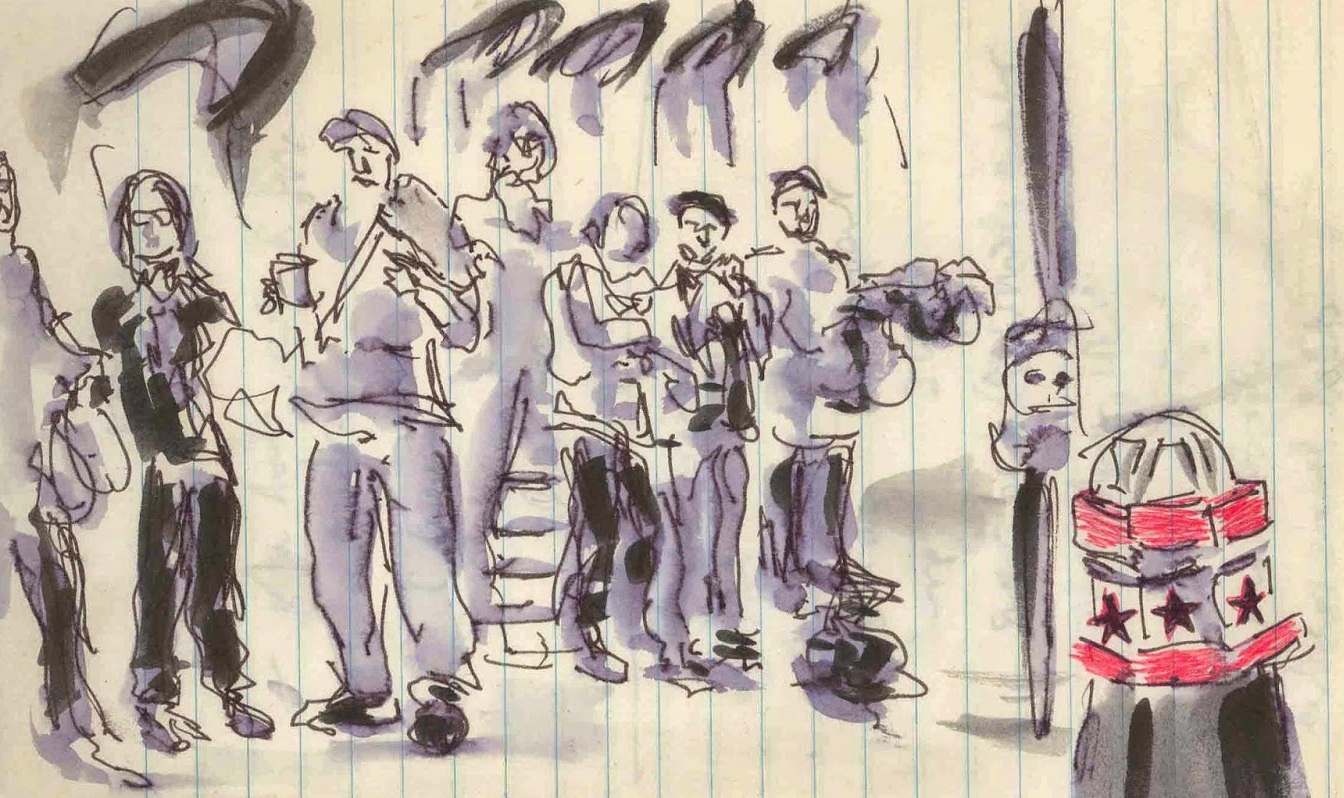Court reporters have raised concerns about transparency of the justice system in the context of the wider roll-out of virtual courts, in a new study about media reporting during the pandemic. In the wake of the March 2020 lockdown, physical court rooms were closed and journalists had to adapt to covering virtual or ‘remote’ courts.
According to academics at the University of West England, the ‘speed of change’ brought about by the pandemic offered ‘little time for reflection’. Their report calls for ‘open justice concerns’ to be ‘the centre of developing remote courts’ as well as investment in technology including a streaming platform as well as equipment such as TVs, cameras, microphones, and lighting (report here). Another recommendation is for a ‘remote attendance option’ for journalists and the public for hearings which are being held in physical courts.
According to Tom Smith, Sally Reardon, Marcus Keppel-Palmer, Bernhard Gross, the report’s findings are of relevance ‘beyond the pandemic’. ‘[It] is clear that virtual courts will play an increasingly important role in delivering justice in England and Wales and it is crucial to understand their impact on the justice process.’ Reporters felt ‘they (and the courts) had coped well in a crisis’ and had ‘mainly fulfilled their function of informing the public of the workings of criminal courts’. ‘However, they did raise significant concerns around the long-term repercussions of virtual hearings, in terms of open justice and indepth,’ the report continued. It was ‘more challenging to assess the atmosphere of a virtual court room, the credibility of defendants and witnesses, and to interact with relevant people’ which affected the ‘quality and depth’ of reporting.
The authors highlighted ‘the existential threat’ faced by court reporting – as reported elsewhere on the Justice Gap. ‘The lack of reporters has led to traditional news values being side-lined – instead, stories are press release led.’ The study flags previous research by the authors where, in a week-long survey of cases heard in one Magistrates’ Court, only three out of the 240 cases were reported (that is, publicly disseminated) – one by a journalist, the other two via the court service and police press releases. ‘If virtual hearings in criminal courts are to be expanded, there is a need for better understanding of the practicalities of and impact on court reporting,’ the authors note.
The authors reckoned that the number of hearings reporters were able to access and cover increased through virtual delivery and that was possible ‘due to pre-existing professional relationships’ with court staff. ‘However, reporters were concerned that, over time, these relationships would deteriorate or be severed completely, which could detrimentally affect their ability to engage with hearings and produce quality, in-depth reports,’ it continued. ‘There was also a suggestion that any prospective observers of hearings beyond these established networks of relationships – were, in practice, shut out of hearings during the first lockdown, and not simply due to the chaotic nature of circumstances.’







Freedom of the Press